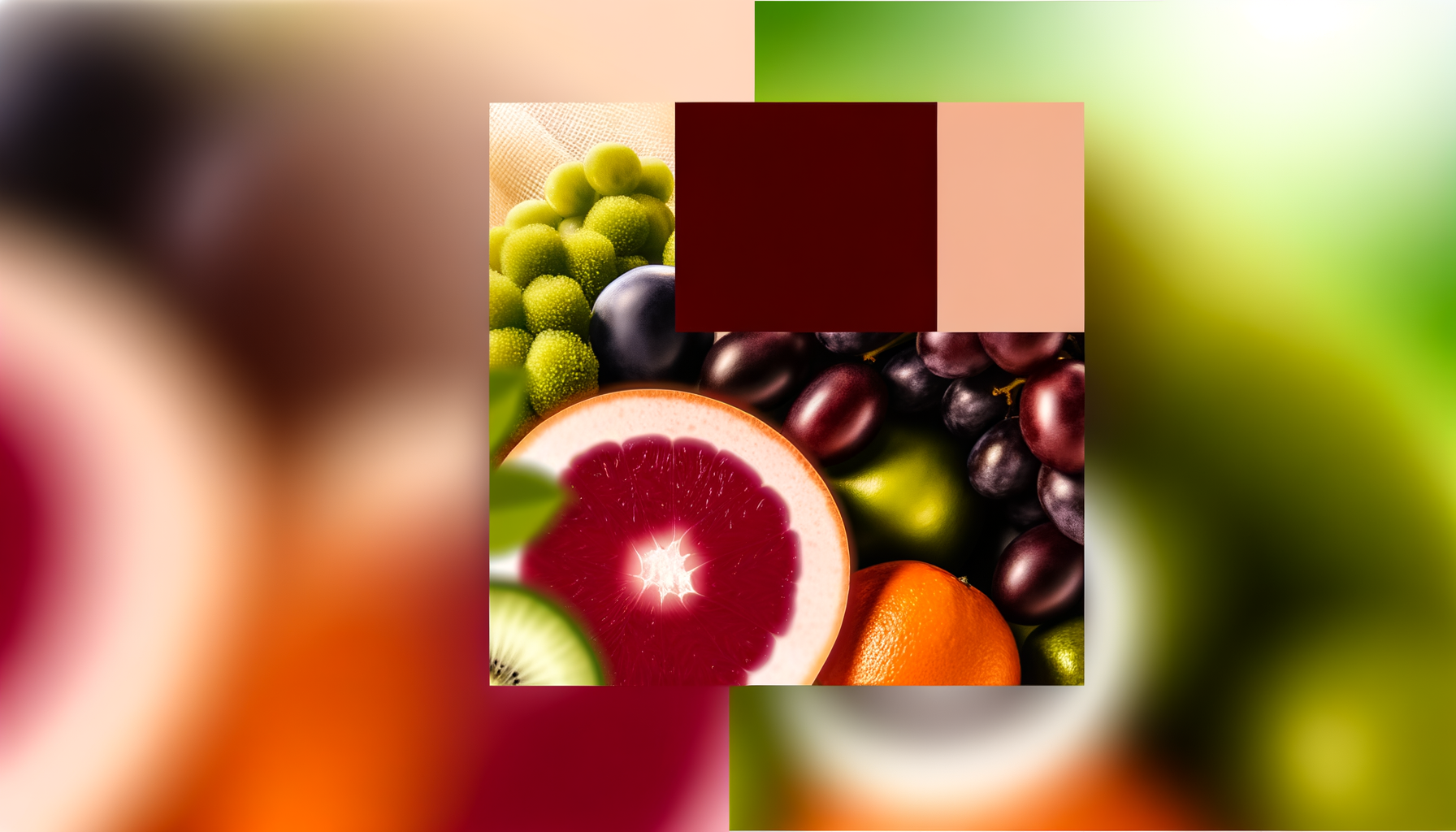Understanding the Interplay Between Calorie Quality and Skin Health
When it comes to maintaining healthy, youthful skin, the role of nutrition cannot be overstated. The quality of the calories you consume has a significant impact on your skin’s health and its ability to resist the signs of aging. Here, we delve into the intricate relationship between calorie quality, skin health, and anti-aging.
The Structure and Aging of Skin
To appreciate how calorie quality affects skin health, it’s essential to understand the basic structure of the skin. The skin is composed of three layers: the epidermis, dermis, and hypodermis. The dermis, rich in collagen and elastin, is particularly crucial for skin elasticity and firmness. However, with age, the production of these molecules declines, leading to wrinkles, sagging, and a loss of skin elasticity.
Skin aging is driven by several factors, including free radicals, glycation, and DNA damage. Free radicals, which can be generated by both internal cellular processes and external factors like UV radiation, damage skin cells and contribute to aging. Glycation, the process by which glucose molecules react with proteins or lipids, forms advanced glycation end products (AGEs) that reduce skin elasticity and promote aging.
The Role of Caloric Restriction in Skin Health
Caloric restriction (CR) has been studied extensively for its potential to slow down aging processes, including skin aging. Research in animal models has shown that long-term calorie restriction can have beneficial effects on skin health. For instance, a 60% calorie restriction has been found to lower the rate of skin protein glycation, a key driver of skin aging.
Caloric restriction also promotes the activity of macrophages, which are crucial for clearing debris and promoting skin healing. Additionally, CR has been linked to the renewal of stem cells, although its specific effects on skin stem cells are still under investigation.
Nutritional Components and Their Impact on Skin Health
Antioxidants and Anti-Inflammatory Foods
A diet rich in antioxidants and anti-inflammatory foods is essential for maintaining healthy skin. Foods such as yellow/orange/red fruits and vegetables, leafy greens, berries, tomatoes, beans, nuts, and fatty fish are particularly beneficial. These foods help combat free radicals and reduce inflammation, both of which are key factors in skin aging.
Protein and Fatty Acids
Protein peptides and fatty acids play a crucial role in strengthening the skin’s metabolism and antioxidant activity. These nutrients help prevent the breakdown of skin collagen and maintain skin elasticity. For example, consuming foods high in omega-3 fatty acids, such as fatty fish, can help reduce inflammation and promote healthier skin.
Sugar and Carbohydrates
Limiting sugar and carbohydrates is important for skin health. High sugar diets can lead to the formation of AGEs, which reduce skin elasticity and contribute to aging. Additionally, high sugar and carbohydrate intake can promote inflammation, which is linked to various skin conditions, including acne and rosacea.
Real-World Examples and Case Studies
Several studies have highlighted the positive impact of a balanced diet on skin health. For instance, a study found that women who consumed a diet rich in vegetables, fruits, fatty fish, and fiber-rich foods developed wrinkles at a slower rate compared to those with less balanced diets.
Another study showed that consuming tomato paste regularly, a common component of the Mediterranean diet, helped protect the skin from UV-ray damage. Similar protective properties were observed in richly-colored vegetables and fruits.
Practical Tips for Implementing Caloric Restriction and Healthy Nutrition
Safe Caloric Restriction
While caloric restriction can be beneficial, it is crucial to approach it safely to avoid nutrient deficiencies. Focus on nutrient-dense foods, practice mindful eating, and consider intermittent fasting as a safe and effective method.
Balanced Diet
Ensure your diet is balanced and includes a variety of foods that provide essential nutrients. Avoid high-fat, high-sugar diets that can exacerbate skin conditions like acne and dry skin.
Hydration and Skincare Routines
In addition to a healthy diet, maintaining proper hydration and following a consistent skincare routine are essential for overall skin health. Drinking plenty of water and using products rich in antioxidants, such as those from OneSkin, can help reduce senescence in the skin and reverse its biological age.
Conclusion and Next Steps
The quality of the calories you consume has a profound impact on your skin’s health and its ability to resist aging. By focusing on a balanced diet rich in antioxidants, anti-inflammatory foods, and essential nutrients, you can significantly improve your skin health.
For those looking to implement caloric restriction safely, it is important to consult with a healthcare professional or a registered dietitian. Tools like the Calorie Calculator Cloud can also help you plan and track your calorie intake effectively.
Incorporating healthy nutrition into your lifestyle, along with mindful eating and proper skincare routines, can lead to healthier, more radiant skin. Remember, every bite counts, and making informed dietary choices is a key step towards achieving and maintaining youthful, healthy skin.
To further enhance your skincare regimen, consider combining dietary changes with topical products that target the root causes of aging. Products like OneSkin’s OS-01 peptide can significantly reduce senescence in the skin and reverse its biological age, providing a comprehensive approach to skin health and anti-aging.
By integrating these strategies, you can take a holistic approach to maintaining healthy, youthful skin and promoting overall well-being. For more detailed plans and pricing on how to incorporate these tools into your routine, visit the Calorie Calculator Plans page.








